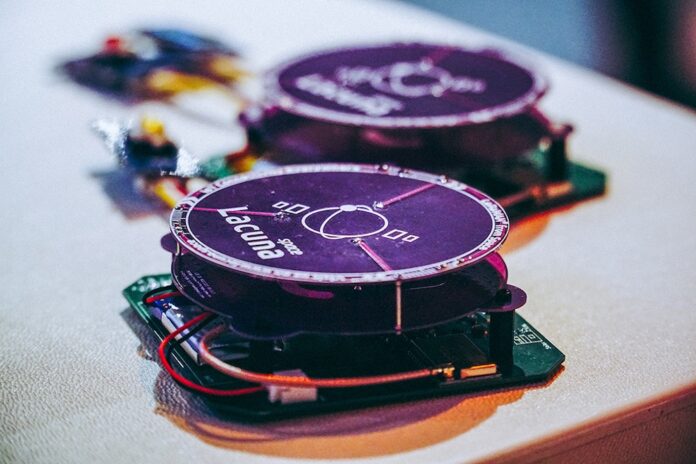The fibreco and satco will jointly market and promote IoT services in Portugal
Portuguese fibreco dstelecom has partnered UK/Dutch satellite IoT provider Lacuna Space jointly market and promote IoT services in Portugal. As part of this initiative, dstelecom, member of the New Space Portugal project funded by RRF, will be responsible for delivering an IoT payload on three satellites.
The IoT payload, supplied by Lacuna Space will ensure an effective commercial solution. On these three satellites, the gateway’s capacity will be shared by both dstelecom and Lacuna, benefiting both companies, by enhancing global IoT connectivity and reaching previously unreachable areas in Portugal.
The hype surrounding satellite to mobile/direct to cell, meant satellite IoT was always going to be overshadowed by its more glamorous technology cousin but for the satellite companies – typically using nano-satellites – that can stay funded, there are clear business niches to carve in the world’s more remote areas.
This partnership marks the beginning of a strategic relationship, through which Lacuna Space and dstelecom intend to support the delivery of a range of IoT applications. From monitoring the Atlantic ocean to improving remote asset management, Lacuna Space and dstelecom are set to “make a significant”, if not narrowband, impact on Portugal’s technological landscape.
Reaching where fibre doesn’t
Since its establishment in 2008, dstelecom has seen rapid growth in subscribers as it extends fibre networks to address remote villages in Portugal, currently covering 900,000 homes in more than 145 municipalities. Despite this expansion, many devices and equipment are just out of reach of the economic deployment of fibre.
The joint satellite network of both dstelecom and Lacuna will help bridge this gap, bringing essential connectivity to even the most remote regions, both in land and at sea. This collaboration not only addresses the immediate need for connectivity in Portugal’s isolated areas but “also paves the way for future innovations” according to the companies.
This is not dstelecom’s first foray into satellite technology. In 2024, dstelecom launched an IoT payload, fully developed in house, which is currently operating in the second ever launched Portuguese mission, the MH-1 satellite. However, at a commercial scale, the fibreco said it was critical to pick a partner with proven technology.
Ricardo Salgado, dstelecom CEO said “At dstelecom, we built and managed the first Open Access FTTH Network in Portugal. We aspire to provide connectivity to people everywhere: by land, by air, by sea, and now, by space. In 2024, we launched an IoT payload, entirely developed in-house, currently operating in the second-ever Portuguese mission, the MH-1 satellite. It’s time to take the next step,” said dstelecom CEO Ricardo Salgado.
“Partnering with Lacuna Space is the natural move for this evolution. Lacuna Space remains a crucial innovator with a proven successful track record in commercial operations. Their expertise will enable us to reach commercial operations quickly. We are very excited about this partnership,” he added.
Speaking at The Things Conference in Amsterdam where the deal was signed, Lacuna Space CEO Rob Spurrett described how these collaborative missions for launching satellite gateways help extend “Lacuna Network” service. “The cost of capital investment is high in space missions, so it is critical to form partnerships to spread those costs, and to bring in local operators with an existing user base, so we can continue to keep subscriber costs on a par with terrestrial services,” he said. “It has taken a long time to bring these network partnerships to fruition, but we have signed several recently with more in the pipeline.”



